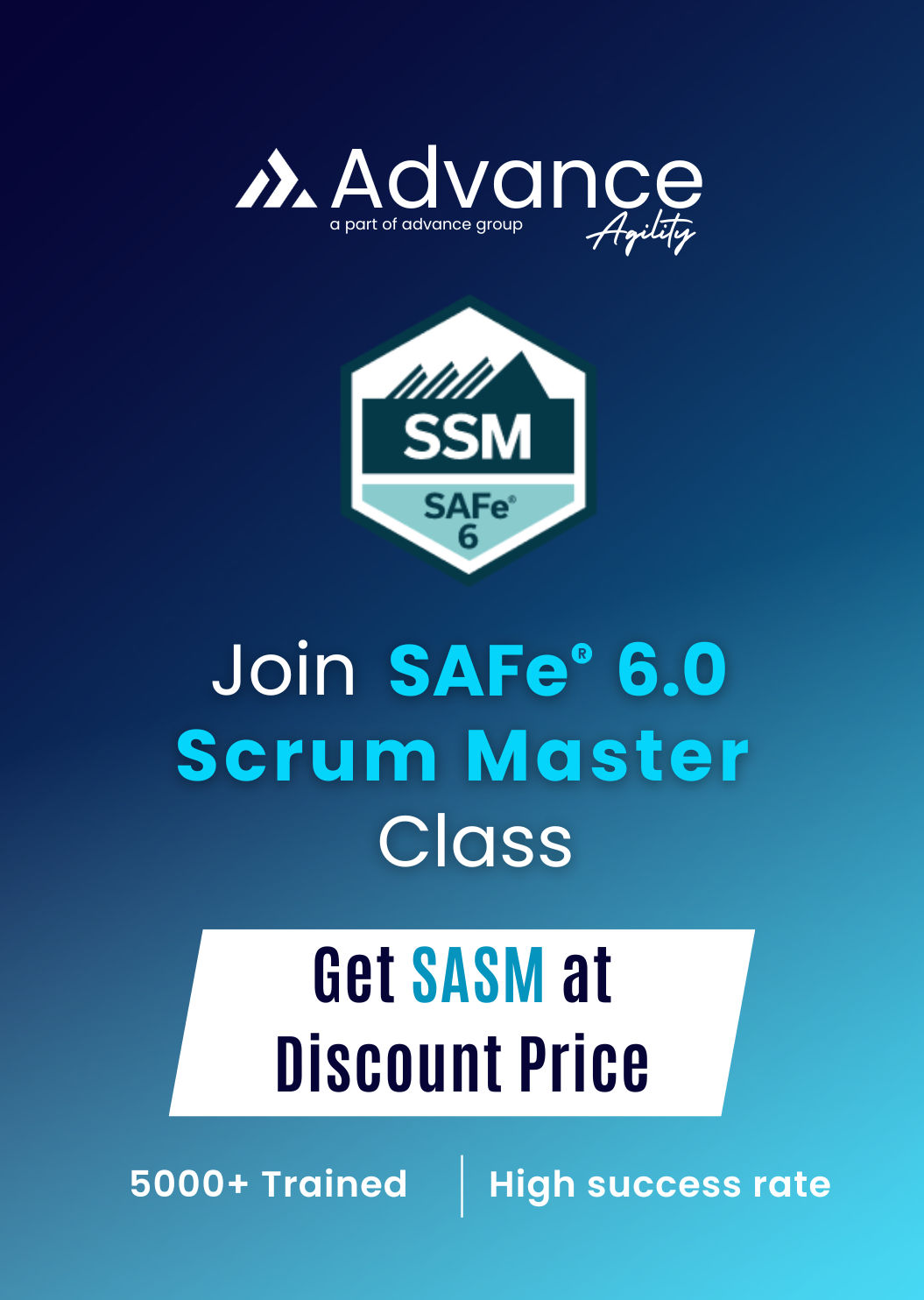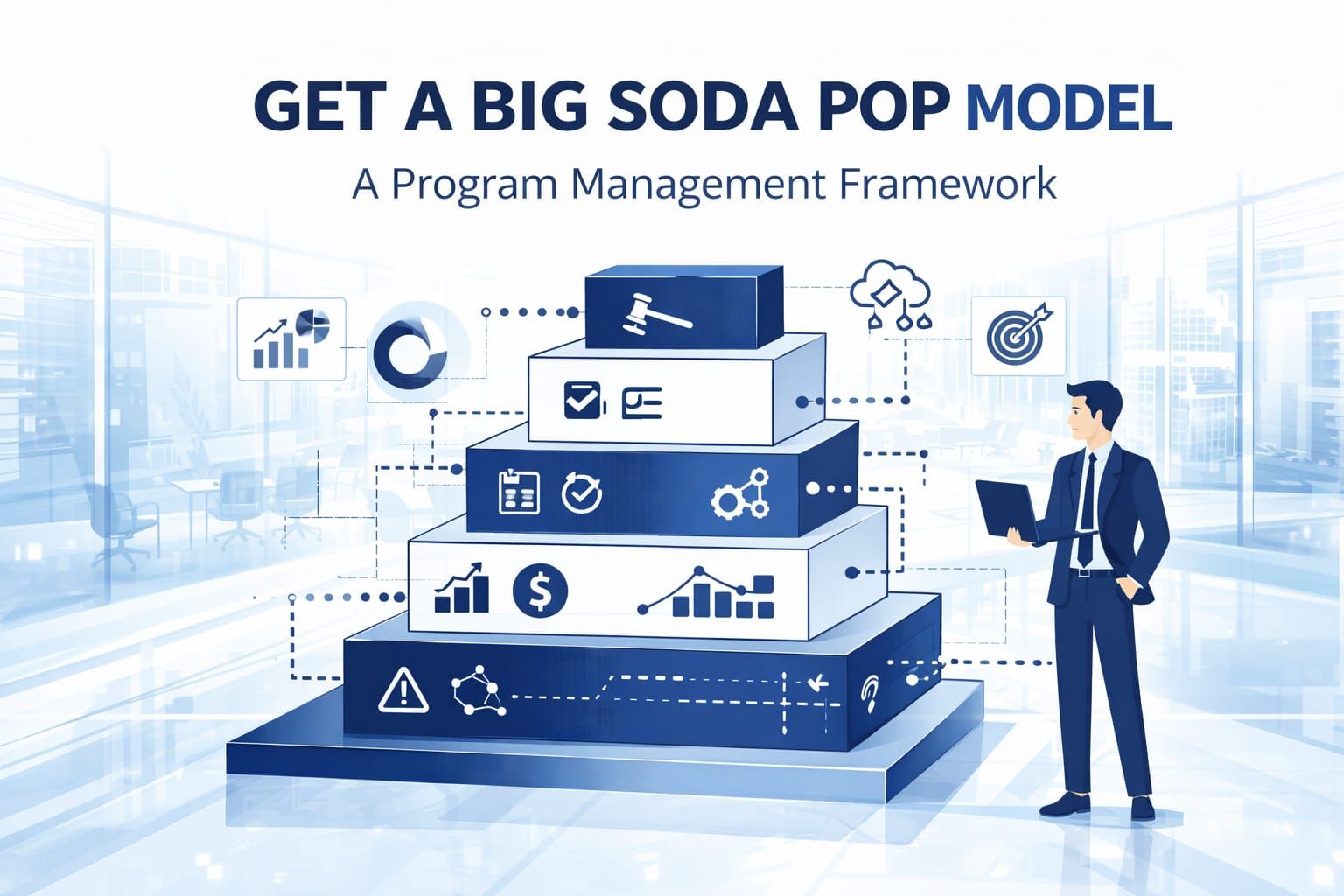 Table of Contents
Table of Contents
- Introduction
- Role of Product Owners in
Product Development
- How Relevant is Product
Ownership as a Career in 2025?
- Product Owner Future Trends in
2025
- Challenges for Future Product
Owners
- Top Certifications for
Product Owners to Upskill in 2025
- Conclusion
Role of Product Owners in Product Development
In the Agile ecosystem, the Product Owner (PO) acts as the crucial link between business strategy and product execution. They ensure the product vision is clearly defined, customer-centric, and aligned with organizational goals.
From managing the product backlog to prioritizing features, Product Owners ensure that the development team delivers incremental value. With the rise of frameworks like Scrum and SAFe®, their role now extends beyond project management to include strategic decision-making, innovation leadership, and stakeholder collaboration.
How Relevant is Product Ownership as a Career in 2025?
As businesses increasingly embrace Agile transformation and digital-first strategies, Product Ownership remains one of the most in-demand careers in 2025.
Organizations are looking for professionals who can combine business acumen, customer empathy, and technical understanding — the very qualities that define a great Product Owner.
With the ongoing evolution of AI, automation, and data-driven decision-making, Product Owners are not just backlog managers but strategic value drivers influencing how organizations design, deliver, and scale products.
Product Owner Future Trends in 2025
The Product Owner role continues to evolve with new technologies and business models. Key future trends shaping 2025 include:
- AI-Powered
Product Decisions:
Leveraging AI tools for feature prioritization, risk prediction, and data-driven insights. - Scaling
Agile Across Enterprises:
Frameworks like SAFe® and LeSS are elevating the Product Owner to a strategic role across multiple Agile teams. - Customer-Centric
Product Growth:
The shift toward Product-Led Growth (PLG) emphasizes user experience and retention as growth drivers. - Design
Thinking Integration:
POs increasingly collaborate with UX designers and researchers to ensure customer feedback shapes product strategy. - Remote
Collaboration and Global Teams:
The hybrid work model makes communication and facilitation skills more critical than ever.
Challenges for Future Product Owners
While opportunities are expanding, Product Owners in 2025 face several emerging challenges:
- Balancing
AI Recommendations with Human Judgment
Automation helps, but product decisions must still align with ethical and customer-centric values. - Managing
Complex Stakeholder Ecosystems
With global and cross-functional teams, alignment across time zones and business units can be challenging. - Pressure
for Measurable Business Outcomes
POs are increasingly accountable for ROI, retention, and customer satisfaction — not just feature delivery. - Adapting
to Emerging Technologies
Product Owners must continuously learn about AI, blockchain, and IoT to make informed strategic decisions. - Evolving
User Expectations
Continuous innovation is essential as customers expect more personalized, fast, and intelligent products.
Top Certifications for Product Owners to Upskill in 2025
Staying relevant means continuously learning. Here are top certifications for Product Owners in 2025 to enhance their skills and market value:
- Certified
Scrum Product Owner (CSPO®) – Scrum Alliance
Focuses on Agile fundamentals and product value delivery. - Professional
Scrum Product Owner (PSPO I & II) – Scrum.org
Deepens expertise in maximizing product value. - SAFe®
Product Owner/Product Manager (POPM) – Scaled Agile, Inc.
Ideal for managing Agile at scale and strategic planning. - Agile
Certified Practitioner (PMI-ACP®) – Project Management Institute
Covers multiple Agile methodologies for cross-framework expertise. - Product
Management Certification – Pragmatic Institute / AIPMM
Combines business strategy with market-driven product management.
Conclusion
The future of Product Ownership in 2025 and beyond is
filled with innovation, opportunity, and transformation.
As organizations evolve toward AI-enhanced, customer-driven ecosystems,
Product Owners will be at the center of this shift — blending strategy,
empathy, and technology to create real impact.
By embracing continuous learning, certifications, and emerging trends, today’s Product Owners can shape the next generation of digital products and lead organizations toward sustainable success.
view Count
1494






